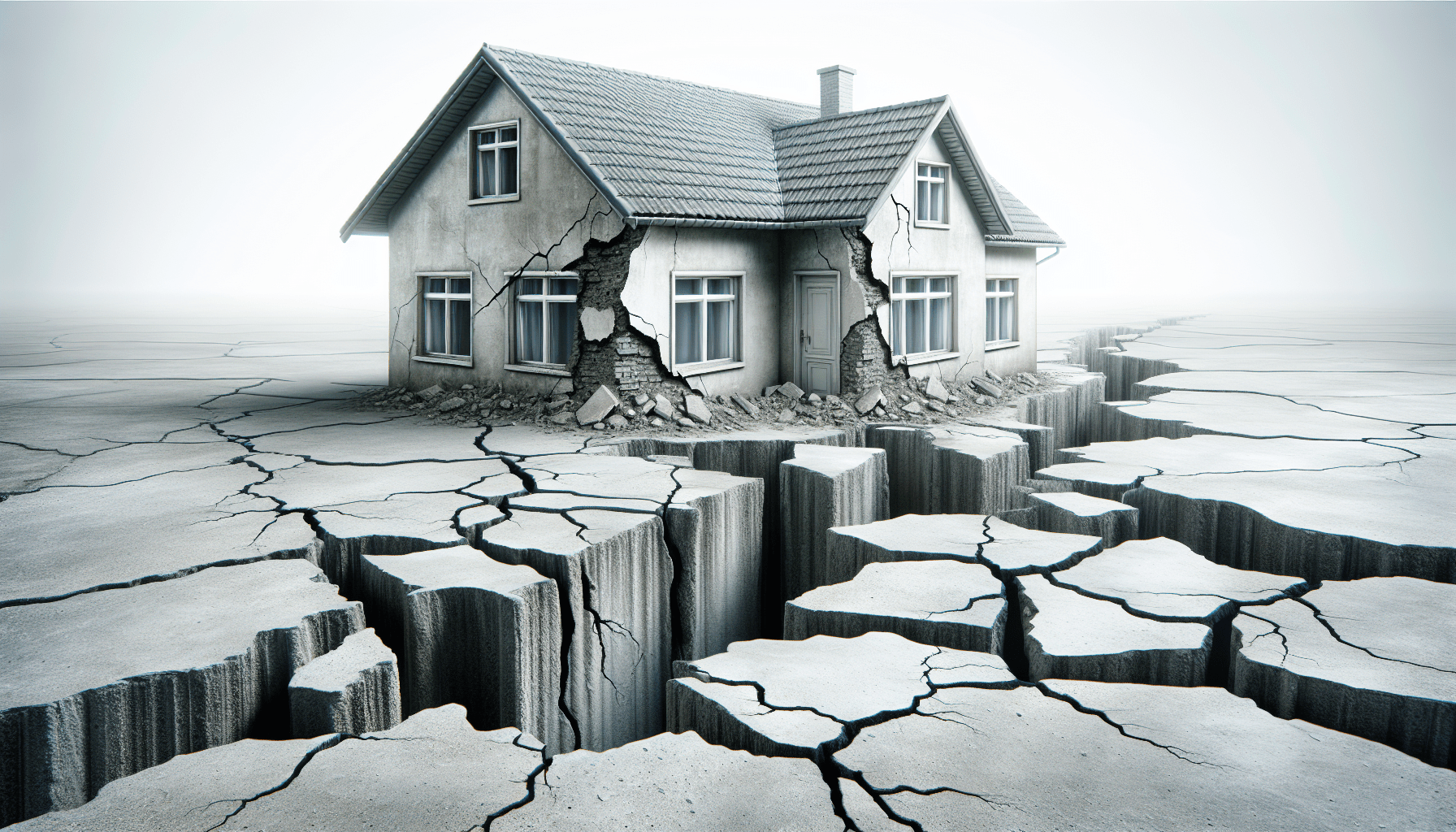Are you struggling to get a good night’s sleep? Surprisingly, the culprit may be electromagnetic fields (EMFs) emitted by your electronic devices. As our reliance on technology continues to grow, understanding the potential impact of EMFs on our sleep quality becomes increasingly important. From disrupting melatonin production to altering brain activity during sleep, EMFs can have a significant effect on our overall health. By taking steps to minimize EMF exposure and following recommended guidelines, you can improve your sleep and overall well-being in this digital age. Are EMFs the Silent Cause of Your Sleep Issues?
Hey there! Have you ever wondered if the invisible electromagnetic fields (EMFs) surrounding your electronic devices could be disrupting your sleep? In this article, we’ll dive into the world of EMFs and explore whether they could be the hidden culprit behind your sleep issues. Let’s unravel this mystery together and find out how you can improve your sleep quality in today’s tech-driven world.
Understanding EMFs and Their Sources
EMFs are all around us, coming from everyday electronic devices like cell phones, Wi-Fi routers, and power lines. These electromagnetic fields are categorized based on their frequency, with non-ionizing radiation being the most common type emitted by our devices. But what does this mean for your sleep? Let’s dig deeper into the sources of EMFs and how they could impact your rest.
Sources of Non-Ionizing Radiation
Ever wondered where EMFs come from? Your cell phone, Wi-Fi router, and even your microwave oven emit low-level radiation known as non-ionizing radiation. These seemingly harmless devices could be contributing to your sleep disturbances without you even realizing it.
The Science Behind EMFs and Sleep Disturbance
Research into the effects of EMFs on sleep is ongoing, with studies showing mixed results. Some suggest that EMFs can interfere with melatonin production, disrupting your sleep-wake cycles. Others focus on how EMFs alter brain activity during sleep, potentially reducing deep sleep, which is crucial for your overall well-being.
Impact on Melatonin Production
Melatonin is a hormone that regulates your sleep patterns. Exposure to EMFs has been linked to decreased melatonin production, which can lead to difficulty falling and staying asleep. If you find yourself tossing and turning at night, EMFs could be playing a role in your sleep struggles.
Health Implications of Poor Sleep
Lack of quality sleep doesn’t just leave you feeling groggy; it can have far-reaching effects on your overall health and well-being. From increased stress levels to a weakened immune system, poor sleep can take a toll on your body and mind in more ways than one.
The Stress Response
When you don’t get enough sleep, your stress hormones, like cortisol, can go into overdrive. This elevated stress response can lead to mood disorders, anxiety, and depression, affecting your mental health in the long run.
Cognitive Function
Quality sleep is essential for your brain to function properly. Memory consolidation, concentration, and decision-making skills all rely on getting enough rest. Without it, you may find yourself struggling to focus, make decisions, and even experience memory lapses.
Immune System Health
Did you know that sleep plays a crucial role in supporting your immune system? Adequate rest helps your body produce T-cells and cytokines, vital components of your immune response. Chronic sleep deprivation can compromise your immune system, leaving you more susceptible to infections and inflammation.
Risk of Chronic Diseases
Chronic sleep disruption has been linked to various serious health conditions, including heart disease, obesity, and diabetes. Poor sleep can impact your metabolism, hormone levels, and cardiovascular health, increasing your risk of developing these conditions over time.
Minimizing EMF Exposure to Improve Sleep
If you’re concerned about the potential impact of EMFs on your sleep, there are steps you can take to reduce your exposure and create a more sleep-friendly environment. From cutting back on device usage before bed to using EMF shields, these strategies can help you improve your sleep quality and overall well-being.
Reduce Device Usage Before Bed
One simple way to limit your exposure to EMFs is to turn off electronic devices like smartphones and computers at least an hour before bedtime. This can help your body wind down and prepare for a restful night’s sleep.
Keep Devices Out of the Bedroom
Avoid keeping cell phones and other electronic devices in your bedroom, especially near your bed. If you must have them nearby, try to keep them at a distance to minimize your exposure to EMFs while you sleep.
Use EMF Shields
Consider using products that claim to block or alter electromagnetic radiation to shield yourself from EMF exposure. While the effectiveness of these shields may vary, they can offer an extra layer of protection against EMFs.
Optimize Bedroom Environment
Creating a sleep-friendly environment in your bedroom can also help improve your sleep quality. Keep your room dark, quiet, and cool to promote relaxation and restful sleep, regardless of any EMF concerns.
Addressing EMF Concerns: Recommendations and Guidelines
To address EMF concerns and protect your sleep health, it’s essential to follow guidelines set forth by organizations like the World Health Organization (WHO) and the Federal Communications Commission (FCC). These guidelines offer recommendations for safe levels of EMF exposure and practical ways to reduce your personal exposure to these fields.
Staying Informed and Cautious
As technology continues to evolve, staying informed and cautious about EMFs will be crucial in maintaining your health and well-being. By monitoring ongoing research and understanding the potential risks associated with EMFs, you can make informed decisions about your technology use and its impact on your sleep quality.
Conclusion
While the debate surrounding the effects of EMFs on sleep continues, it’s evident that these invisible fields could be influencing your rest more than you realize. By taking proactive steps to manage your exposure to EMFs and following recommended practices, you can improve your sleep quality and overall health in today’s digital age. Remember, awareness and mindfulness about EMFs will be key in safeguarding your well-being as technology advances and shapes our future.




